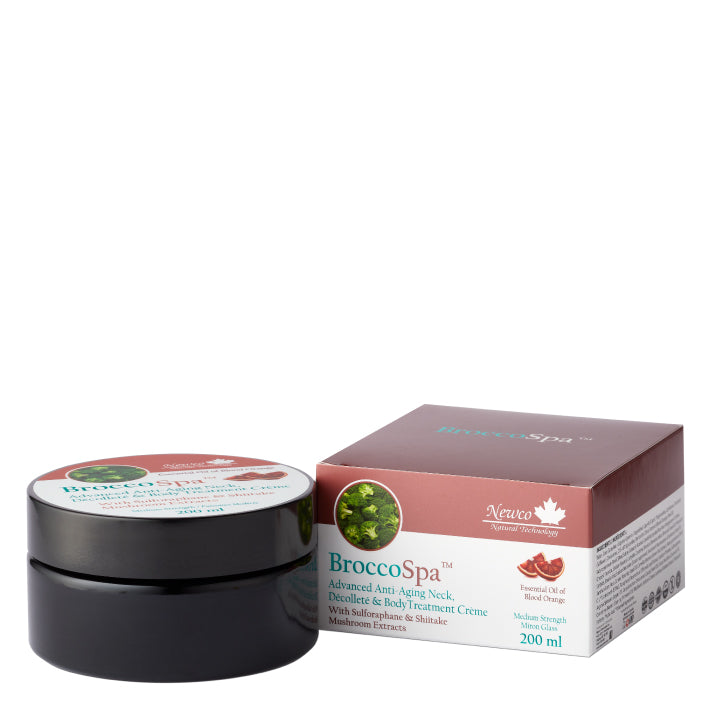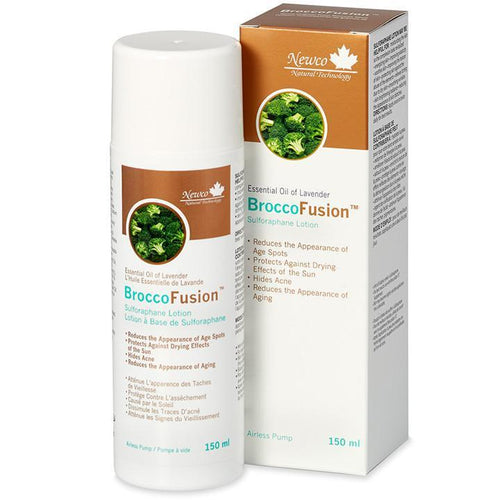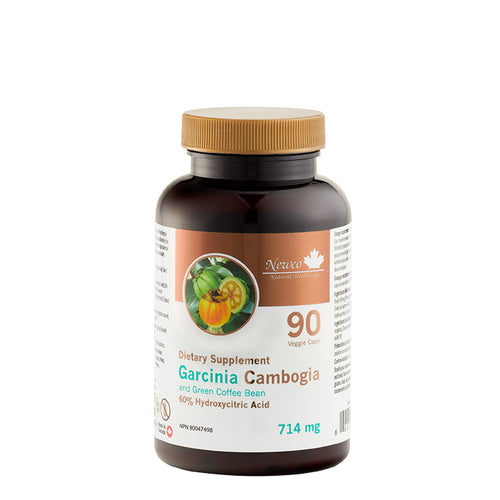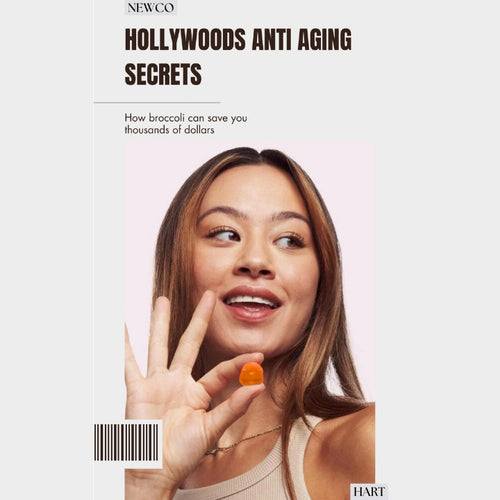Here's what every parent needs to know.
It’s a basic human instinct to protect children from harmful chemicals in the environment. We keep them away from tobacco smoke. We check to make sure they are not exposed to lead in their homes. We buy baby bottles that are free of bisphenol A (BPA), a chemical banned by the FDA because of concerns that it could disrupt a child’s healthy development.
And while that instinct is borne out by science, it doesn’t mean that these same hazards can’t affect moms too. The Endocrine Society published a scientific statement in 2015 that emphasized the effects of synthetic chemicals on hormones in our bodies and their implications for all of us, across the life span. A review article in 2014 on the effects of BPA emphasized how strong the evidence has become that this chemical affects the female reproductive tract, contributing to the development of cysts in ovaries, failure to produce eggs and disruption of the uterine lining.
Unfortunately, BPA is the not the only chemical which is still being used today that may be a hazard for working moms out there. We already know that a replacement for BPA, bisphenol S (BPS), has been identified in some studies to be as toxic. And there are a host of similarly regrettable substitutes on the way, which may pose similar concerns.
So, what's a mom to do? Fortunately, there are safe and simple steps to reduce exposure to the chemicals of greatest concern. And you can have more power than you think to influence manufacturing in how you purchase! Below are some approaches that you can take now without breaking the bank:
1. Avoid canned foods
Studies suggest that stopping canned food consumption can decrease bisphenol levels in urine as much as 90 percent or more. Bisphenols get into all foods pretty well, whether it’s canned soda or peaches. Tetra Paks are a good alternative—they don’t use bisphenols at all.
2. Say no to paper receipts
Most supermarkets are switching to electronic receipts that can avoid contact with the coating that contains BPA. A single receipt can produce more exposure than drinking from a polycarbonate water bottle for years!
3. Be careful with your cosmetics
Phthalates and parabens found in these products can disrupt sex steroids in our bodies. The good news is that a number of companies have pledged to remove phthalates from their lotions and creams, working closely with organizations such as the Campaign for Safe Cosmetics. The Environmental Working Group maintains a comprehensive, highly accessible database called Skin Deep that distills what we know about ingredients and recommends cosmetics that present the fewest risks. Look at the ingredient label and avoid products with “fragrance” or phthalates. A recent study found that choosing personal care products that are labelled to be free of phthalates, parabens as well as other endocrine-disrupting chemicals can reduce exposure by 27 percent to 44 percent.
4. You can also limit phthalate and other problematic chemical exposures by looking at the recycling number on plastic bottles, and use plastic containers wisely
Avoid the numbers 3, 6 and 7. You should also avoid washing plastic in the dishwasher and hand wash with mild soap and water instead. If plastic food containers are etched, it’s time to throw them away. Etching increases the odds of leaching.
5. Finally, eating organic reduces your exposure to pesticides
Studies have proven this across the income spectrum. The cost margins for organic versus conventional foods are narrowing such that big-box stores are even carrying organic fruits, vegetables and meats now. As the momentum continues, cost margins will narrow even further as the economies of scale get bigger. In the meantime, EWG has identified 12 fruits and veggies that are especially vulnerable to absorbing chemicals and therefore pose a greater risk when you buy “conventional” rather than organic produce. Typically these are the ones for which people typically eat the outer layer (such as strawberries).
These microscopic concerns are not so easy to spot with the naked eye, but fortunately you don’t need a Ph.D. in chemistry to sort them out and protect a growing family. In the meantime, remember that manufacturers do listen when consumers rise up and insist on safer products. A major driver of the ban on BPA in baby bottles and sippy cups was the outcry from mothers who spoke up. You may feel like you don’t have the same influence on government officials these days, but your money matters to companies that are competing to lead the market. So, don’t be afraid to vote with your purchasing!
Leonardo Trasande, M.D., is the author of the upcoming book Sicker, Fatter, Poorer: The Urgent Threat of Hormone-Disrupting Chemicals to Our Health and Future…and What We Can Do About It, out January 8th. You can find out more at leotrasande.com.
Written by Dr. Leonardo Trasande for Working Mother and legally licensed through the Matcha publisher network. Please direct all licensing questions to legal@getmatcha.com.





